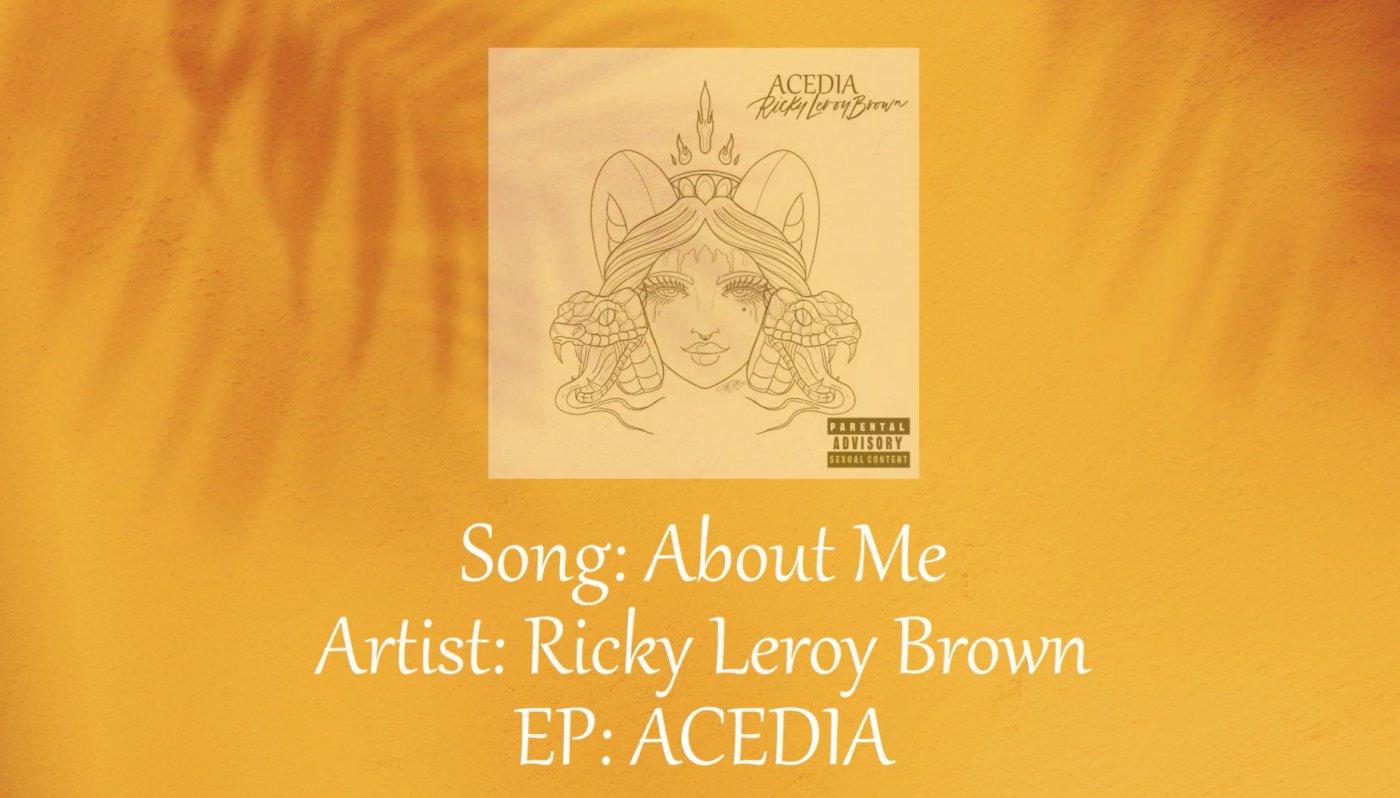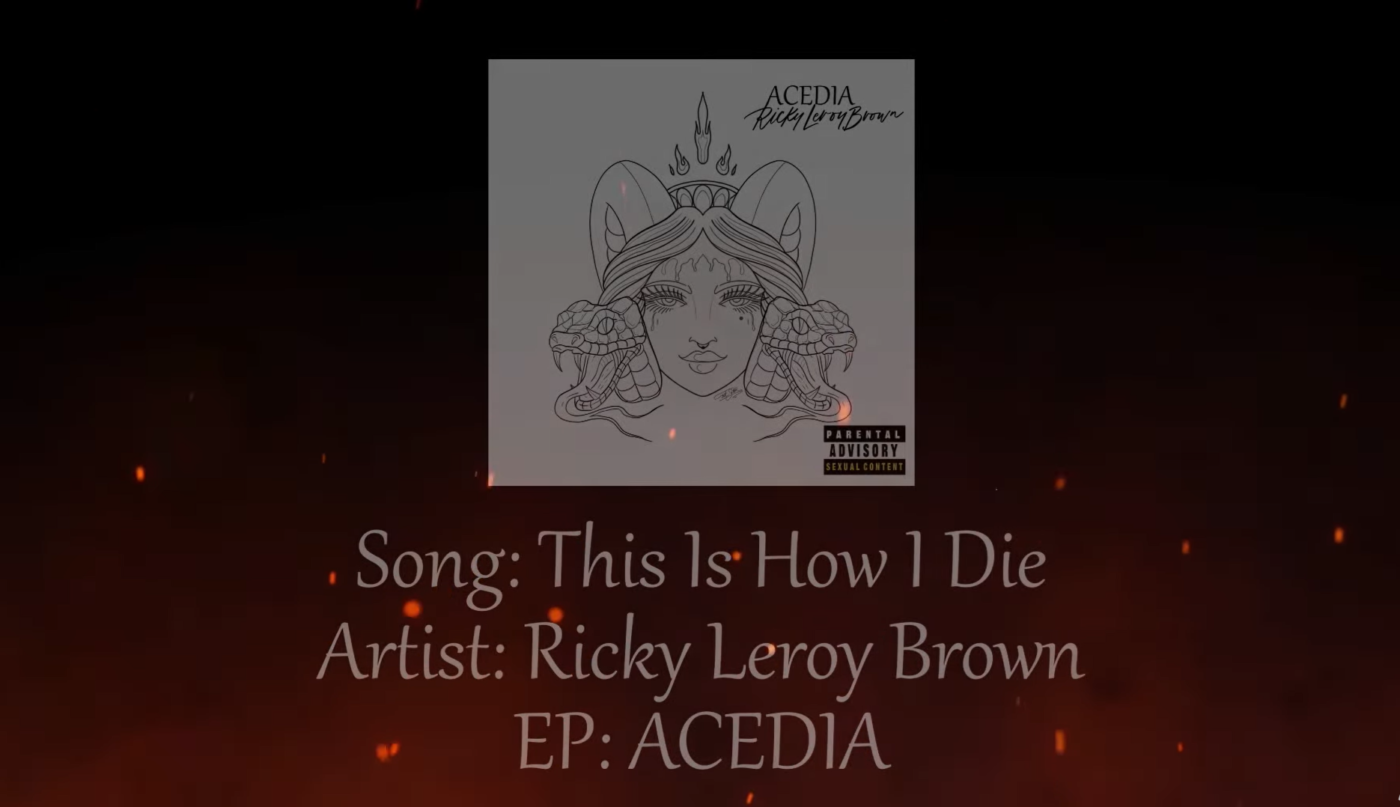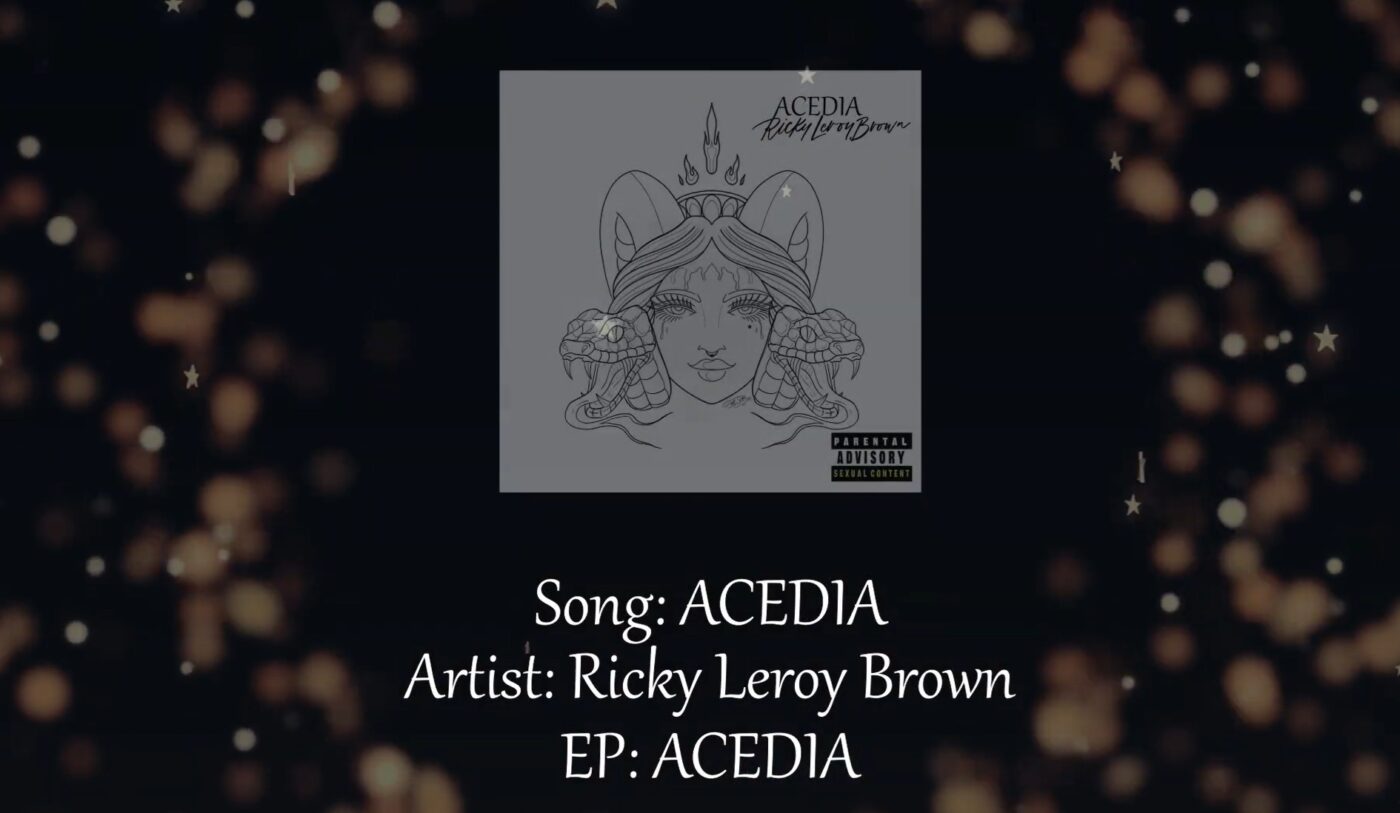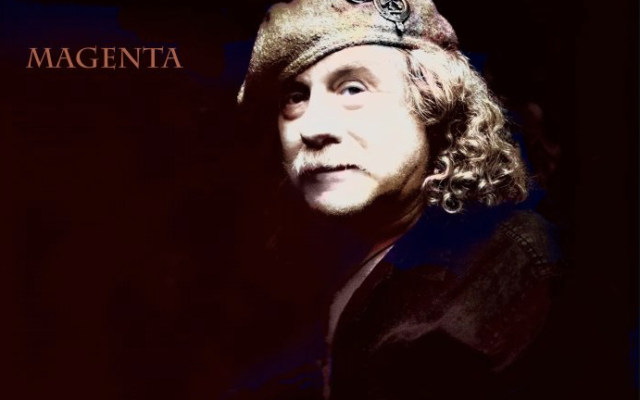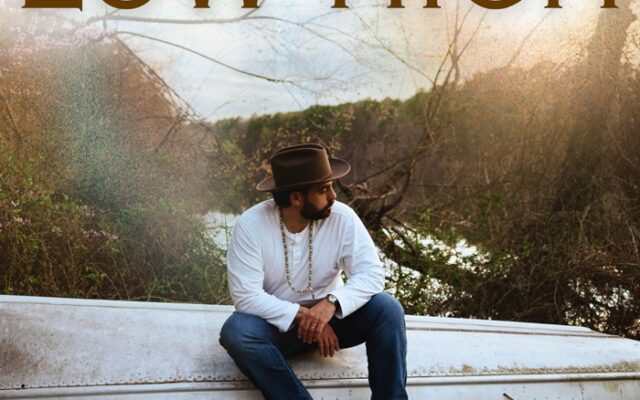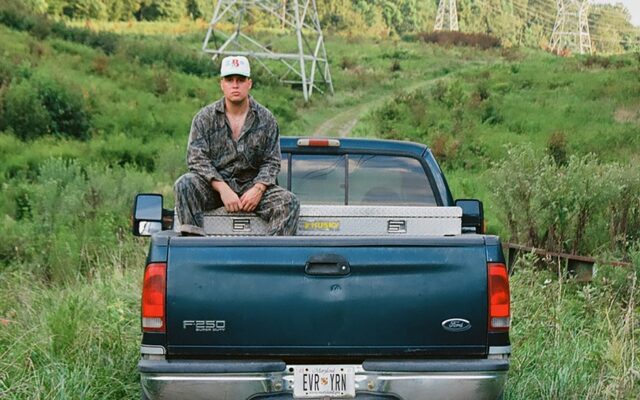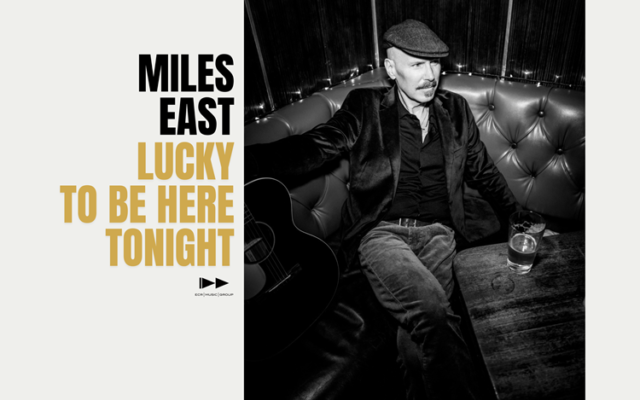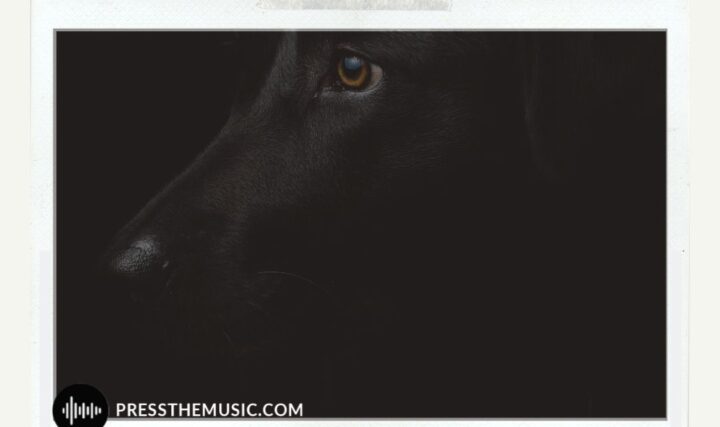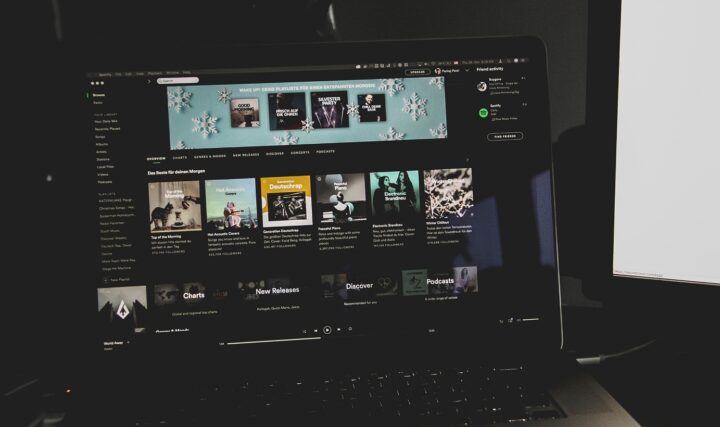Acedia is a dangerous EP in the best way possible. It spits in the face of sanitized heartbreak music, choosing instead to wade into the muck of real emotional chaos. Brown doesn’t ask for your sympathy. He dares you to look at your own pain and say it out loud.
Ricky Leroy Brown’s latest EP Acedia is not for the faint of heart—or the disingenuous. Hailing from Madrid, Brown delivers a blistering collection of raw, unfiltered tracks that channel the spirit of classic blues through a 21st-century emotional reckoning. The result is an EP that thrashes, pleads, weeps, and struts across the landscape of modern love, masculinity, and madness.
Brown’s approach is refreshingly old-school in execution but fiercely contemporary in tone. Channeling the virtuosity of Prince and the structural grit of Albert King, Brown writes, performs, and records every instrument and vocal himself. That control results in a sound that feels unmediated by industry polish. It’s garage-soul meets flamenco-punk meets Delta dirt.
The EP opens with “The Redhead Blues,” a scorched-earth breakup anthem that plays like a confession at gunpoint. The opening line—“Please let me stay / Cause I wanna say / Something so true / Ba-ba-ba-babe babe babe / Fuck you!”—immediately warns listeners: this isn’t Rumours or Blood on the Tracks. This is blues with the gloves off and the teeth bared. It’s petty, it’s proud, it’s pitiful—and it’s honest. The chorus—“I am broke but never been so fly”—becomes a declaration of war against despair, each repetition more ironic and triumphant than the last. Brown turns financial ruin, heartbreak, and humiliation into a fashion statement.
“About Me” delivers a spoken-sung confessional that’s equal parts romantic memory and social media breakdown. The repeated refrain “Tell me everything you’ve heard about me” becomes a lament for a lost identity, a plea to be understood beneath the rumors, the failed relationships, and the self-inflicted drama. It’s the EP’s most melodic moment and possibly its most vulnerable.
Lines like “Red hair blue eyes / Answer my follow request” are jarringly modern but steeped in the same bluesy desperation as “Baby, please come home.” Brown isn’t just singing to an ex—he’s singing to the digital ghosts of himself.
The title track “Acedia” might be the most challenging—and most brilliant—entry in the EP. Named after the ancient term for spiritual apathy or soul-deep despair, “Acedia” is a nihilistic cry against modernity’s dehumanization. Brown channels his fury through snarling vocals and glitchy, distorted guitar lines that flirt with industrial chaos. The lyrics veer into stream-of-consciousness territory, oscillating between demands for submission (“Don’t hold back and gimme head”) and cries for liberation (“Drop the invitation / You are now free”).
The song’s disturbing energy is intentional. Brown personifies the voice of inner demons—abusive lovers, predatory media, suicidal ideation. “Cry for the love you don’t get / Another knife in your back,” he screams, not asking for pity, but daring the listener to acknowledge the rot. It’s not pretty—but it’s painfully real.
On “This Is How I Die,” Brown trades in the swagger for solemnity, closing the EP. Set against a sparse, dirge-like arrangement, the song tells the tale of a doomed man—murdered for loving another man’s wife. Lyrically, it’s both operatic and intimate. Lines like “Kings and queens will gather here / Shapes of darkness will dress up” position the narrator’s death as a theatrical ritual, a Shakespearean end for a deeply flawed antihero. What makes it so compelling is how Brown seamlessly moves between the macabre and the mournful, pleading “Mama please don’t cry” in the same breath as he serenades the underworld.
Acedia is a dangerous EP in the best way possible. It spits in the face of sanitized heartbreak music, choosing instead to wade into the muck of real emotional chaos. Brown doesn’t ask for your sympathy. He dares you to look at your own pain and say it out loud.
It’s aggressive, it’s messy, and at times, it’s deeply uncomfortable—but like the blues masters he connects with, Ricky Leroy Brown makes art out of agony. Acedia is a full-frontal reckoning EP. And it confirms what his fans already knew: Brown isn’t just playing the blues. He is the blues.
Now, we step behind the grit and glory of Acedia in this candid conversation to hear from the man himself.
PRESS PONDER
If you could only recommend one song from the EP to someone who has never heard your music before, which would it be and why?
It would definitely be “This Is How I Die”. Because that kind of song truly shows you the meaning of “bombast-music” in a nutshell. Heavy beginning, soft verses, raw guitars. Honest lyrics and at the end nothing sounds like it did at the start. It should strike you as an opera-like-experience.
What would you want your listeners to take away from listening to any of your music?
My job as an artist is done, when the people start to maybe turn certain things around in their life after listening to my music. I wanna be the audio-visual-fist-pump that you sometimes need in life to start or end certain chapters.
The word “Acedia” comes from ancient spiritual texts. How did that concept come into your orbit, and why did it feel like the right title for this EP?
After “LUXURIA” it was clear that the next EP would also use a name of the seven deadly sins. I think we could all write or sing songs about our sins in life. Everyone has a story to tell…
There’s a lot of chaos and conflict in your lyrics, but also humor. How important is humor or irony in processing heartbreak and pain through your music? I am a Temu-Johnny-Depp-Karen-hair-Musician who speaks like a wannabe-mexican-gangster. You should not take me too seriously BUT I take my work very serious and without that I`d be looking like a fool.
How has your music evolved over time? What have you learned about yourself as an artist and as a person?
I am my biggest enemy and my biggest fan. So working on music pieces gets me always very emotional and kind of mad because it`s the art of pushing certain buttons, keeping your cool and trying to create something out of nothing that people could relate to. It`s not the process itself but the accepting that the process starts within you.
PRESS PLAY
If you could collaborate with a fictional character, who would it be and what kind of music would you create together?
Bayonetta from the Bayonetta Games. Bombast-Jazz (Don`t ask more, please)
If you could collaborate with any musician, living or dead, who would it be and why?
Aretha Franklin – because she would whoop my ass to become better.
Lana Del Rey – because she would be my ultimate muse...
What’s the most memorable or embarrassing onstage mishap you’ve experienced?
That`s easy. Every concert I did in switzerland (Except Highwood). Those people do not know how to have a good time. They clap on 1 and 3… darling you gotta be kidding…
If your music were the soundtrack to a movie, what genre would the movie be, and who would you cast as the lead roles?
Genre: Tarantino. Lead roles: Michael Madson and Myself of course!
If you could swap lives with any musician from history for a day, who would it be, and what would you want to experience or learn during that day?
Prince. No question. Give me any day I don`t care. I guess even breakfast would be one hell of a party as Prince himself.
Track listing
The Redhead Blues 2:55
About Me 3:52
Acedia 3:22
This is How I Die 3:42
Follow More of Ricky Leroy Brown:
